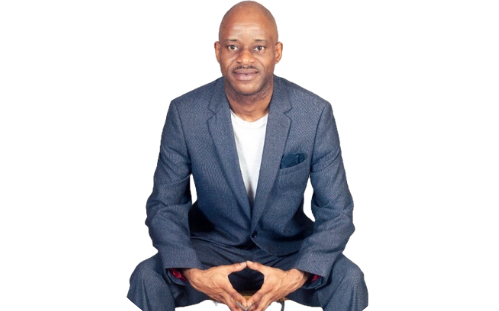Nigeria is a famous country in Africa with graduates from all over the globe. However, we found that the traders, educators, schools and organisations were ill-prepared for technology-adoption maturity.
Our experience corroborates an earlier study conducted at LSE (London School of Economics) in 2019.
The study found that Nigerian teens rely extensively on the mobile phone and the mobile internet for social connectivity, and social media is a decisive factor in children’s happiness, relief from stress and boredom, and managing mental health.
Yet teens still lack proper support in developing digital skills and avoiding risks online. Access the article via the London School of Economics website.
Read what the Integrated Review means to us at IFB Gaming, here.
The Challenges
- Education is a primary divider
- Most people are busy earning money and “living life”
- Basic information and digital literacy are barriers for many adults
- There are no opportunities for microlearning
- There are high levels of corruption
- Poor power and energy supply and infrastructures are lacking or do not exist
- Unstable and unreliable internet connectivity is a national issue
- Declining security issues and tribal conflicts
- Poor and unreliable roads and transport system
John’s work in Nigeria, through the Digital Inclusion Tour, focuses on primary and secondary school educators and departments.
John is also a senior patron of the Nigerian Red Cross Society, Lagos State branch.
John has been awarded the following accolades for his work in Nigeria particularly around digital Inclusion and positive tech use.
- A Guinness World Record Certificate
- Dawn Project Award
- UNICEF Outright Certificate
Case Studies
1. Tech in the Classroom: Hubert Ogunde Memorial School (Click the title to watch the video case study)
Get Involved!
CONNECTED EDUCATOR
GREEN LITERACY FOR SCHOOLS
